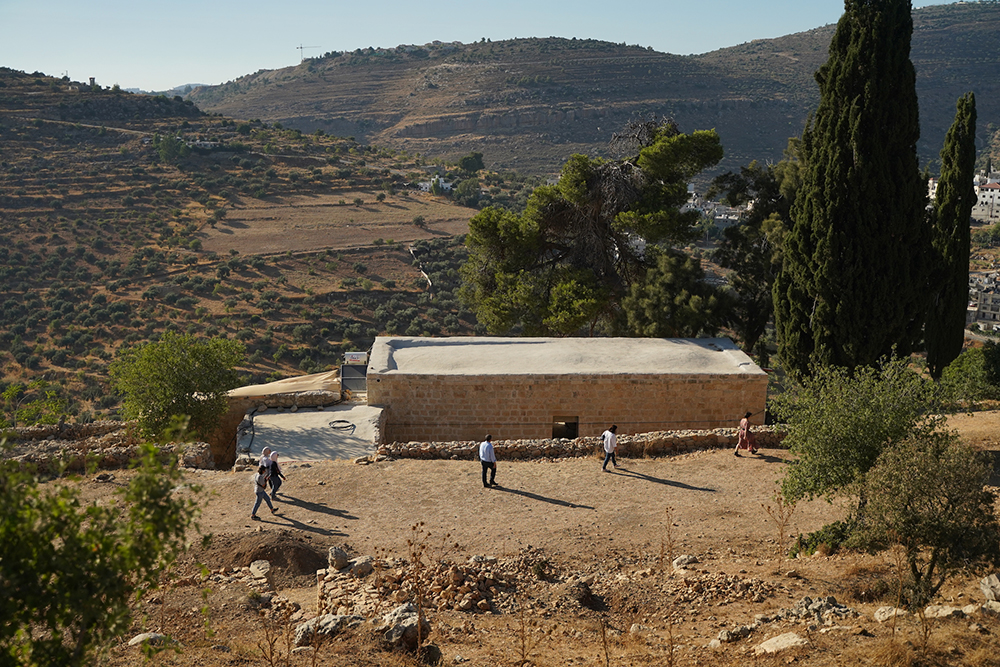

Nida Sinnokrot (collectif Sakiya) / MIP Cycle EDAM
Date
04/04/2023
Lieu
En zoom
Infos pratiques
18h à 20h
Through tactical acts of technical and conceptual détournement, much of Nida Sinnokrot’s work aims to subvert various technologies of control that give rise to shifting social, political and geographic instabilities. His films, installations, and sculptures often transform ordinary objects or actions into sensory experiences that reveal the hidden complexity of relationships trapped within the mundane. Nida is a co-founder of Sakiya – Art | Science | Agriculture, an international residency program and farm with an emphasis on fostering and developing sustainable practices across disciplines and is currently a faculty member of MIT’s program in Art, Culture and Technology Program (ACT) in the School of Architecture and Planning in Cambridge, Massachusetts.
Sakiya is a progressive academy, a field for experimental knowledge production and sharing located on a rewilded hillside, with ancient trees, cultivated orchards and olive groves, water springs, historic buildings and shrines, wells and pools in Ein Qiniya, a village 7km west of Ramallah in the West Bank area C. By grafting local agrarian traditions of self-sufficiency with contemporary arts and ecological practices, Sakiya explores the commons, their loss, and ways to re-imagine and reclaim them for a sustainable and resilient future. Within Sakiya’s cross-disciplinary residency program, marginalized cultural actors, such as farmers and crafts/small industry initiatives, assume a prominent role alongside artists and scholars, challenging the demographic divide that characterizes cultural production and consumption in Palestine. These practices are not new but are continuously and increasingly threatened by the forces of colonization and neoliberal modes of production. Liberation, we believe, comes from a connection and re-framing of an ancient relationship to the land and collective labor. In Arabic the root of Sakiya (سقي/ ساقية) relates to the stem of a mushroom, papyrus, an irrigation ditch, a water wheel, a cupbearer, to quench someone’s thirst, the act of supplying or obtaining water, to conclude a sharecropping contract, the right to access water, to tend to or care for, or to make flow.











